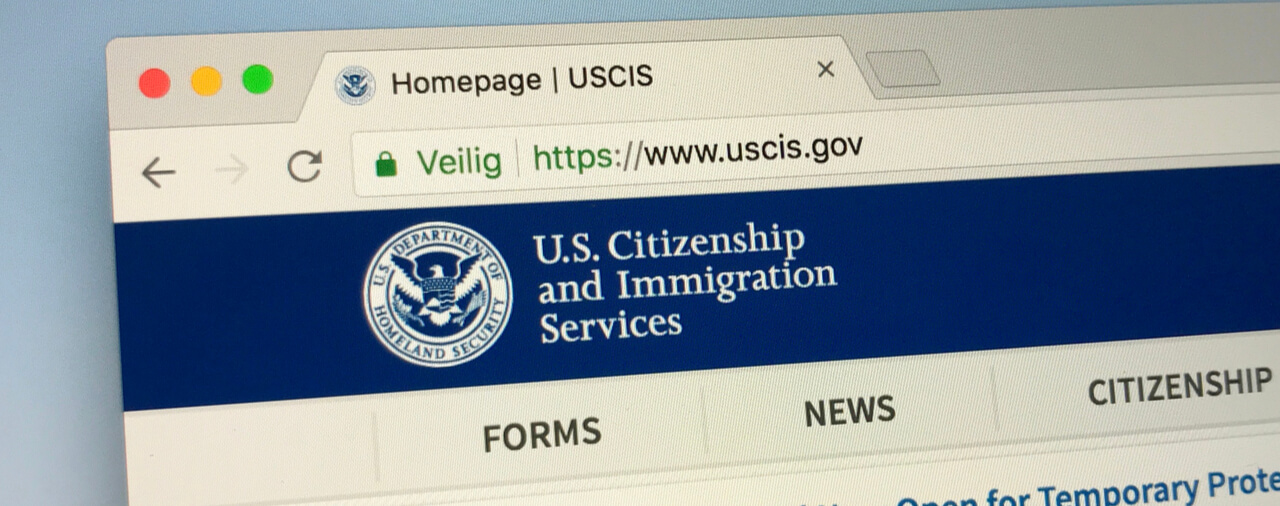Beginning on May 22, 2019, the certain nonimmigrants may file the Form I-539, Application to Extend/Change Nonimmigrant Status, online [PDF version].
Online filing to extend stay and hold status in the United States will be available to single applicants (“without co-applicants, or legal or accredited representation”) in the following nonimmigrant categories:
B1 temporary visitor for business;
B2 temporary visitor for pleasure;
F1 academic student with a specific status expiration date;
F2 spouse or child of an academic student with a specific expiration date;
M1 vocational student; or
M2 spouse or child of an M1 student.
The USCIS states that online filing will allow eligible applicants to obtain their application info and processing queue faster than mail delivery. Furthermore, applicants will be able to communicate with the USCIS directly rather than through mail.
The USCIS included specific guidance for F2 and M2 derivatives. Before seeking to file online, the derivative seeking to extend stay should compare the expiration date of his or her status with his or her spouse’s or parent’s F1 or M1 status. If the expiration dates are different, the F2 or M2 derivative may to extend stay online as an individual. If the expiration dates are the same, the derivative must apply as a co-applicant using a paper Form I-539.
If an applicant is unsure about his or her eligibility to file online, he or she may confirm at uscis.gov/i539online.
The USCIS’s eProcessing initiative promises to increase convenience for applicants. We discuss it more generally in a separate post [see blog].
eProcessing does not change any of the substantive requirements for affected nonimmigrant categories. Applicants with case-specific questions should still consult with an experienced immigration attorney for guidance. This is especially important in cases where the individual may have status concerns. In certain less complicated cases, eProcessing may provide a good option for filing to extend stay and hold status in the United States.
To learn about some of the affected categories, please see our website’s growing selection of articles on Travel Visas [see category] and Student Visas [see category].





